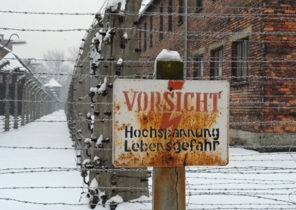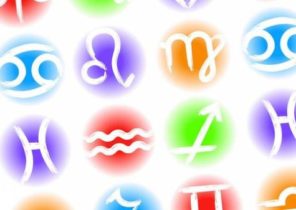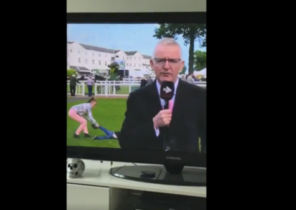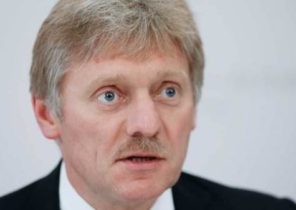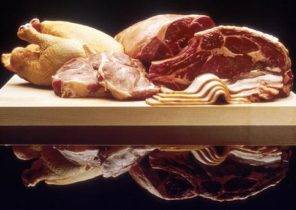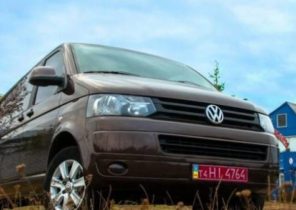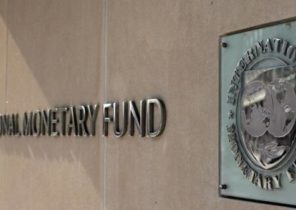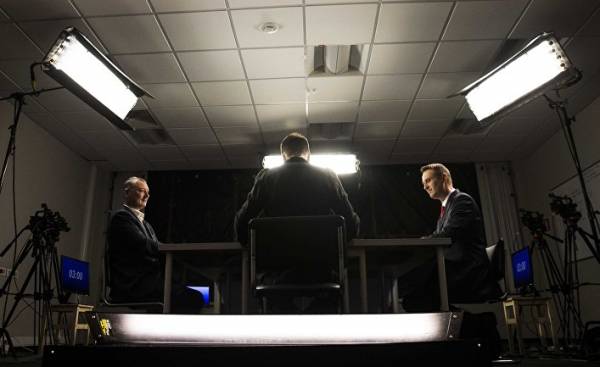
There is nothing surprising in the fact that today quite difficult to imagine a Russia without Putin: even his staunchest opponents are unable to offer an alternative to his vision of Russia.
This week held a debate between two well-known Russian opposition figures. The liberal side was represented by Alexey Navalny — anti-corruption, which has already declared its readiness to participate in the presidential elections of 2018, although the likelihood that he would be allowed to take part in them, is extremely small. Bulk in spite of everything trying to act as if Russia is a normal democracy: it opened several regional campaign headquarters (activists are regularly subjected to harassment and detention) and continues to comment on current events from his own Studio (where a debate took place).
Ultra-nationalist party was represented by Igor Girkin or Strelkov — a retired army officer and nationalist who, acting informally started the war in the East of Ukraine in 2014 — since then, the conflict has killed about 10 thousand people. After he led a successful military campaign in the hidden support of Russia and worked as the Minister of defence and Supreme commander of the forces of the self-proclaimed Donetsk people’s Republic, agents of the Kremlin dismissed it because they wanted to have more control over Pro-Russian rebels. Girkin, who the Ukrainian government deems a terrorist and a war criminal, and now lives and works in Moscow where he receives a military pension. He claims that he has no political ambitions, but he remains a cult figure among the Russian right wing, which under the Putin regime presents as weak as liberals.
Fusiliers challenged Navalny, who used this opportunity to increase the number of potential voters. In any other country such a debate could hold Emmanuel macron (Emmanuel Macron) and marine Le Pen (Marine Le Pen), Vince cable (Vince Cable) and Farage (Nigel Farage), Bernie Sanders (Bernie Sanders) and Donald trump. Russia’s opponents in the debate were two middle-aged men deprived of any power and has a questionable political future, and the moderator of the debate was the former editor of the liberal channel. However, these debates have looked hundreds of thousands of people. Russians hungry for real debate and political competition, and Bulk and archers are very effective polemicists.
These debates showed that between Bulk and Small lot more similarities than differences. Those who expect that Navalny will promote a more contemporary vision of Russia and the arrow, a well-known monarchist, will talk about his nostalgia for the Imperial past, was disappointed. During the debate they both tried to play the cards that gave Putin of Russia.
Most of the differences between them arose on the question of the nature of the enemy. From the standpoint of Bulk, the main enemy is a Russian crony capitalism that flourished under Yeltsin and Putin. He wants to punish those who enriched illegally, and bring order to a huge public procurement, which accounts for 37% of the economy. From the point of view of strelkov, the main enemy is the West, which destroyed the Soviet Union and destroyed the entire Russian industry, except the extractive industries. He believes presidents Boris Yeltsin and Putin is a puppet of the West that will ensure smooth supplies of oil and natural gas to Europe. He wants to reunite the “great Russian nation” — Russian, Ukrainians and Belarusians — into a single country.
Purpose Bulk and small seem rather utopian, given the fact that these neighboring countries don’t want to join, and Russia’s dependence on commodity exports, which gives rise to the monopolization and centralization. Anyone who tries to overcome these obstacles, you will experience the same frustration, which has experienced a trump in the first six months of his presidency.
But much more striking was the extent to which the views of the Bulk and small agree on some fundamental issues. They both stated that they believe the administration of Yeltsin and Putin parts of the same mode. They both believe that Russian is “the largest divided nation in Europe”. Navalny said he believes the annexation of Crimea in 2014 — in which Gunmen took part irreversible, adding that this war has been more of a payback than a violation of Ukrainian sovereignty. On the question of whether or not he believes strelkov is a war criminal, he replied that it should be decided by the court.
Each of them accused the opponent of being like Putin, and in a sense they both were right. They share the view Putin on the issue of national interests of Russia and that Russia is a force that unites people, broken into pieces by a cataclysm. The rest — at least from the point of view of Western observers was a matter of nuances rather than the entity: for example, Navalny insists on the need to create an economy in which corruption will play a less significant role, and the arrow professes darker more militarized ideology. As written by Kirill Martynov in “Novaya Gazeta”, “arguing with fascist ideologies is impossible, implying that you are a little too nationalist”.
In the 1990s, the years of Yeltsin, whom everyone blame — professed much more liberal vision of European Russia free from Imperial complexes. This vision has not disappeared completely, even after he refused it because of political pressure and poor health, but now Putin has made it quite unattractive. The fact that even Navalny, despite his indomitable spirit of a fighter, defends the idea of a more European future for Russia, is evidence of Putin’s victory. At the same time, it was not a concession to the reactionary Strelkov, whose goals seem to be the vast majority of Russians too unrealistic.
Not a single Russian politician now cannot offer an ideology that is ambitious and inspiring, to compete with Putin. Perhaps that is why Putin so easily suppress discontent remains in power.
